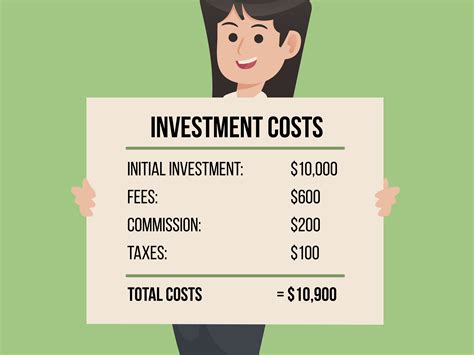How to Calculate Total Cost: A Comprehensive Guide
Understanding how to calculate total cost is crucial for anyone managing a business, a personal budget, or even a simple project. Whether you're determining the price of a product, evaluating the profitability of a venture, or simply tracking your expenses, knowing how to accurately calculate total cost is essential. This comprehensive guide will walk you through various methods and scenarios.
What is Total Cost?
Total cost represents the sum of all expenses incurred in producing or acquiring something. It encompasses both fixed costs and variable costs.
-
Fixed Costs: These remain constant regardless of production or sales volume. Examples include rent, salaries, insurance, and loan payments. They're consistent month-to-month, regardless of your output.
-
Variable Costs: These fluctuate depending on the level of production or sales. Examples include raw materials, direct labor, and packaging. The more you produce, the higher these costs become.
Formula for Calculating Total Cost
The basic formula is straightforward:
Total Cost (TC) = Fixed Costs (FC) + Variable Costs (VC)
Calculating Total Cost: Step-by-Step Examples
Let's illustrate with a few practical examples:
Example 1: A Small Bakery
Imagine a small bakery with monthly fixed costs of $2,000 (rent, utilities, salaries) and variable costs of $1 per loaf of bread produced (flour, sugar, labor). If the bakery produces 1,000 loaves of bread in a month:
- Fixed Costs (FC): $2,000
- Variable Costs (VC): $1/loaf * 1,000 loaves = $1,000
- Total Cost (TC): $2,000 + $1,000 = $3,000
Therefore, the total cost of producing 1,000 loaves of bread is $3,000.
Example 2: A Service-Based Business
A freelance graphic designer charges $50 per hour. Their fixed monthly costs (software subscriptions, marketing) are $300. In a given month, they work 40 hours:
- Fixed Costs (FC): $300
- Variable Costs (VC): This is tricky for service businesses. Often, variable costs are directly linked to the number of projects. If we assume that printing materials cost $10 per client and they completed 5 projects, variable costs would be $50 ($10 x 5) . Alternatively, there may be very few variable costs.
- Total Cost (TC): $300 + $50 = $350
Example 3: Manufacturing a Product
A company manufactures widgets. Fixed costs are $10,000 per month. Each widget costs $5 in materials and $3 in labor (variable costs). If they produce 5,000 widgets:
- Fixed Costs (FC): $10,000
- Variable Costs (VC): ($5 + $3) * 5,000 = $40,000
- Total Cost (TC): $10,000 + $40,000 = $50,000
Beyond the Basics: More Complex Calculations
In real-world scenarios, calculating total cost can be more complex. You might need to consider:
- Indirect Costs: Costs that are not directly tied to production (e.g., administrative overhead).
- Depreciation: The reduction in value of assets over time.
- Opportunity Costs: The potential benefits forgone by choosing one option over another.
Accurate total cost calculation requires careful consideration of all relevant expenses.
Key Takeaways
Calculating total cost is a fundamental skill for anyone managing finances. By understanding the difference between fixed and variable costs and applying the basic formula, you can gain valuable insights into the true cost of your products or services. Remember to account for all relevant expenses for a complete and accurate picture. Properly calculating total cost is key to successful financial management and strategic planning.
